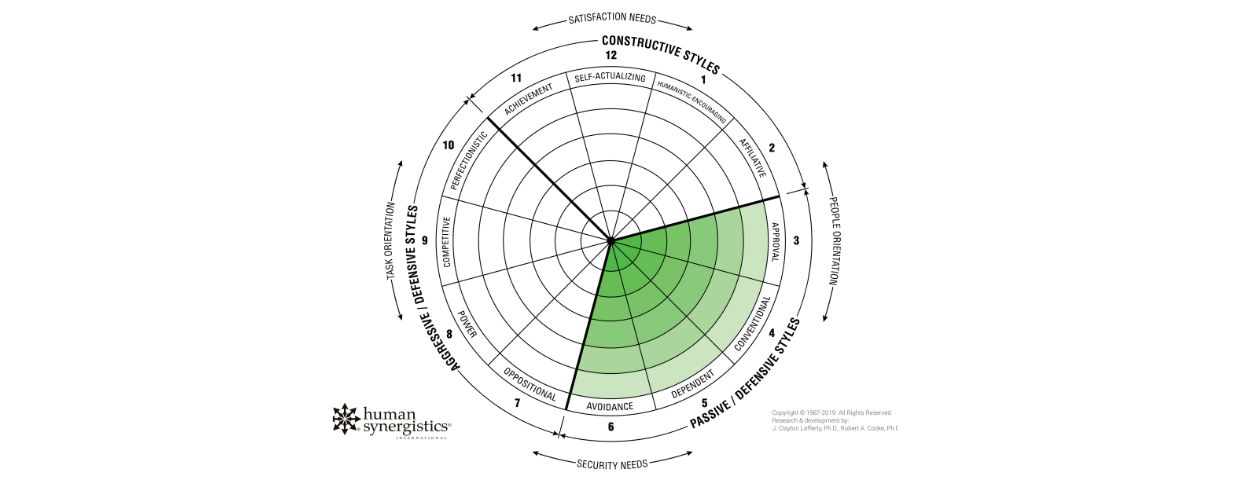Lorraine McCarthy, Counsellor/Coach, Human Synergistics Australia
This writing on Avoidance is due to be published today. I am only just doing it at ten in the morning while I am actually at a meeting in Auckland with 20 other people. It must be obvious to anyone who is observant that I am not fully present in the moment. The group is missing out on my creativity as I tap away on my laptop.
I feel somewhat embarrassed about this as I know what judgements I make about others who are on their electronic devices in meetings in terms of their lack of constructive thinking. I am tired as I woke up in the night thinking about the deadline and wondering how I would be able to meet it. Last week I wrote my post on Dependence the night before it was due, finishing at midnight, in a hotel room in Melbourne the night before a two day workshop!
As I reflect on what I have just described, I am astounded at the huge cost to self. What an indifferent, even miserable way to treat me. Most of us procrastinate or ‘avoid decisions’ at some time. The reasons for this can be complex and it is helpful to look at our other defensive styles for clues. I ask myself why I have done it. Possibly it is tied to the Perfectionistic Style, I am trying too hard to do the best possible job. It could be Approval or Conventional Style, being too concerned with what others may think. Whatever it is, it isn’t Constructive and it isn’t pleasant. I am at this moment resolving never to do it again.
There are very few benign items in Avoidance Style. The two at the bottom of the list, least correlated to effectiveness, are the ones most often chosen. They are ‘reserved’ and ‘not aggressive’. Because almost all the other items make a highly negative statement about ourselves, and are socially undesirable the norming structure, means that responding with a 1 or 2 to them gives us a moderate extension in the style. It sits directly opposite Self Actualising, the most Constructive Style in relation to both task and people. Avoidance is therefore the most Defensive Style, the most security seeking. It’s ironic that it gives us anything but security and can make us feel ‘tense, uneasy’, and ‘easily embarrassed’. Not great.
In terms of the metaphor that the way we describe ourselves reflects the relationship we have with ourselves, most items in Avoidance constitute a very negative, critical relationship with self, and at its most extended, completely shuts us down. Consider the top two items most negatively correlated to effectiveness: ‘doesn’t relate well to others’, and ‘has difficulty being accepted’. What a sad lonely place to be.
Two items summarise the consistently negative relationship with ourselves that is described in Avoidance: ‘self-depreciative’ and ‘self-condemning’. If we do this to ourselves we really don’t stand a chance. If we did this to a child we would stunt their growth. The result would be individuals who are likely to say they ‘lack self-confidence’ and ‘have little interest in achievement’. I believe we can all get this. It’s pretty obvious.
It’s been a good reminder to me that when we avoid, it costs us and those around us. It diminishes us. I aim as I write this last sentence to be kinder to myself in future by completing tasks in a timely fashion, be the best of my ability. The satisfaction I feel right now in having this done is immense. Now I can enjoy the rest of the day.
